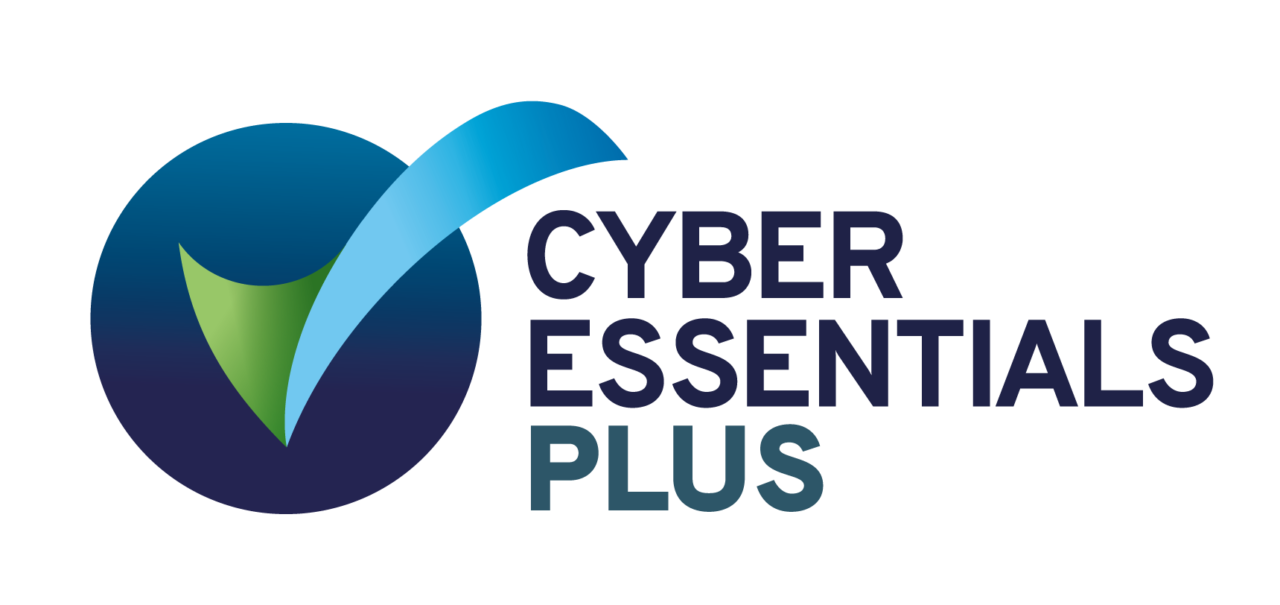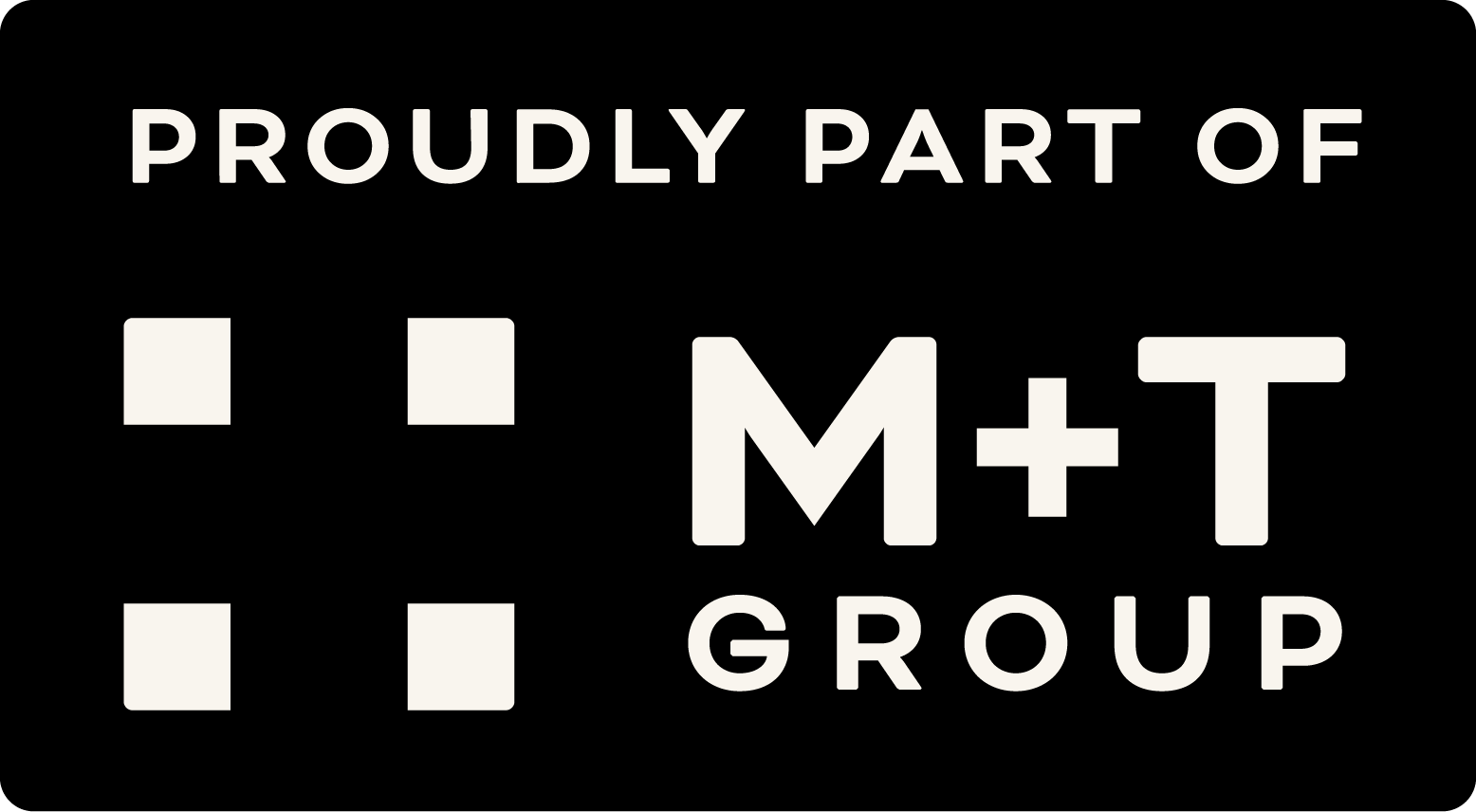Professional Language Solutions – What is the Difference between Translation and Interpretation?
Midland Technical Translations Midland Technical Interpretation Contact us
When it comes to linguistic services, many businesses may find themselves requiring professional support, but are unsure whether they require the expertise of a specialist Translator or Interpreter. Translation and Interpreting are two very closely-related disciplines – yet, each require differences in skills, training, aptitude and language knowledge to successfully carry out the task at a proficient level.
The fundamental difference between the two language areas relates to the medium – a Translator will interpret written text, while an Interpreter will translate orally. Whilst we acknowledge the clear common denominator between the two areas, neither discipline relates to simply replacing the words of one language by those of another. There is a range of complex and varied skills required for both translation and interpretation projects, which allow experts to overcome the greatest challenges – comprehension, analysis and accurate reformulation of one language into another.
The skills required for a Professional Translator
The keys skills for Translators are the ability to thoroughly understand the source language and the culture of the country that the text has originated from. When understanding and re-writing the specified text – whether this is for a translated newsletter, article, website content or other technical translated project, the translator will have the ability to express the source text’s ideas in the translated target language with precision. While linguistic and culture skills are essential here, the most important trait of a good translator is the ability to write well in the desired language, taking into account the source meaning, content, style and form.
The skill profile of a Professional Interpreter
The spoken word requires quite different techniques from the written word. Projects requiring Interpretation are carried out in real time (simultaneously), or very close to it (consecutively). Professional Interpreters, therefore, must work quickly and demonstrate spontaneity, working in both simultaneous and consecutive interpreting modes. Depending on the type of project required, Interpreters must be able to listen intuitively, use specialist note-taking techniques and have the ability to reformulate the units of information into the desired foreign language on the spot, or in a short timeframe. Again, understanding the true meaning of the language and spoken word is crucial – the Interpreter must therefore have the ability to grasp what is being said and then relay the subject matter professionally and cohesively.
Our entire team are passionate about language and ensuring that we provide a consistent technical translations services and interpreter services for every client. We offer a flexible and personal approach to your language needs, so that we can understand your requirements and go above-and-beyond every time. We work hard to select specialist mother-tongue translators suitable for your industry and ensure that we communicate your desired message accurately, efficiently and in the right context.
For further information on our professional Translation Services for Business, please contact a member of our team on: 0844 856 1086, or email us: [email protected].
7 Easy Steps To Good Translation:
Click here to listen to
our audio guide.
Click here to view our library.


















Follow Us:




Follow us on Facebook, Twitter,
Linkedin, and Youtube.